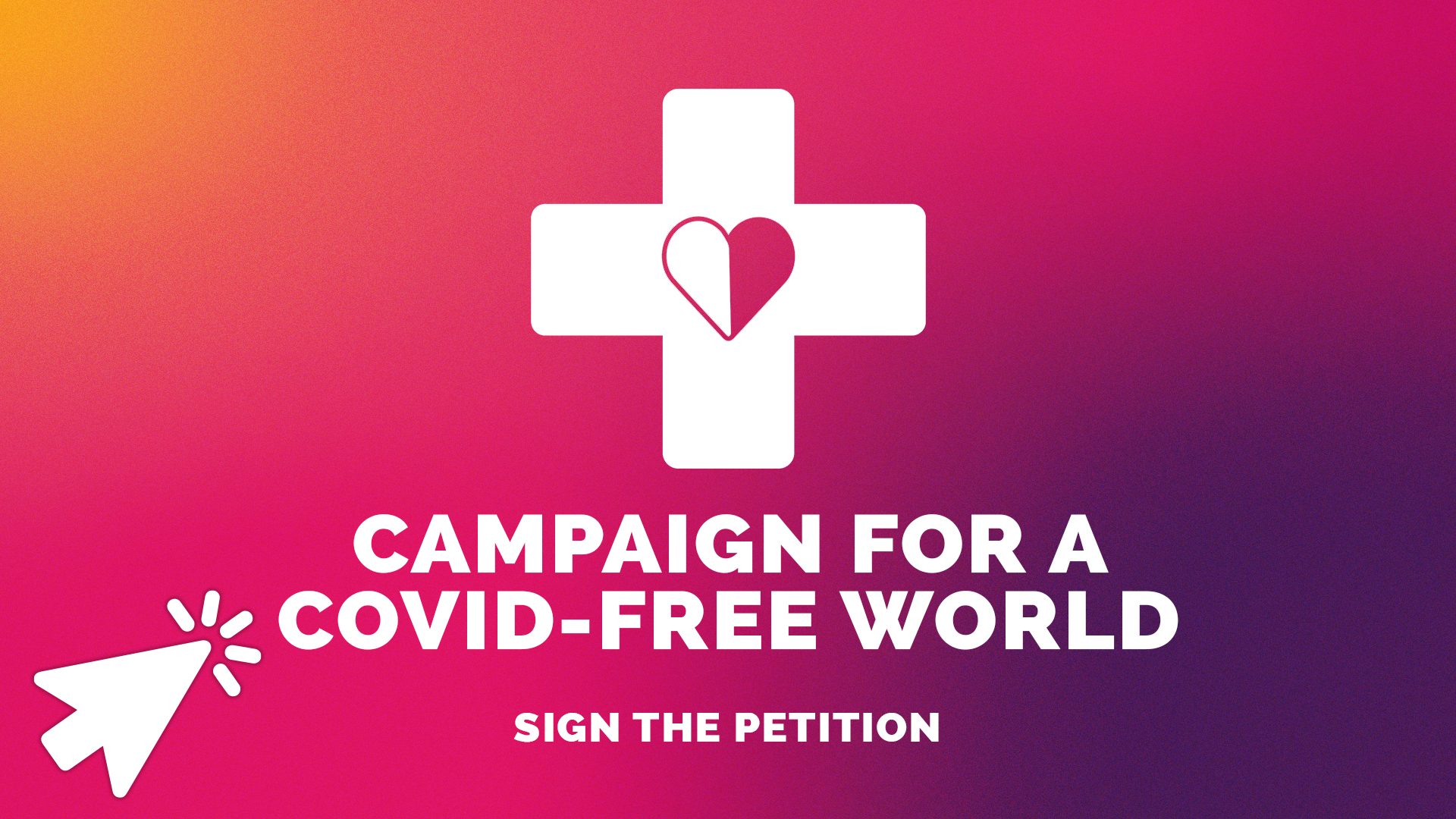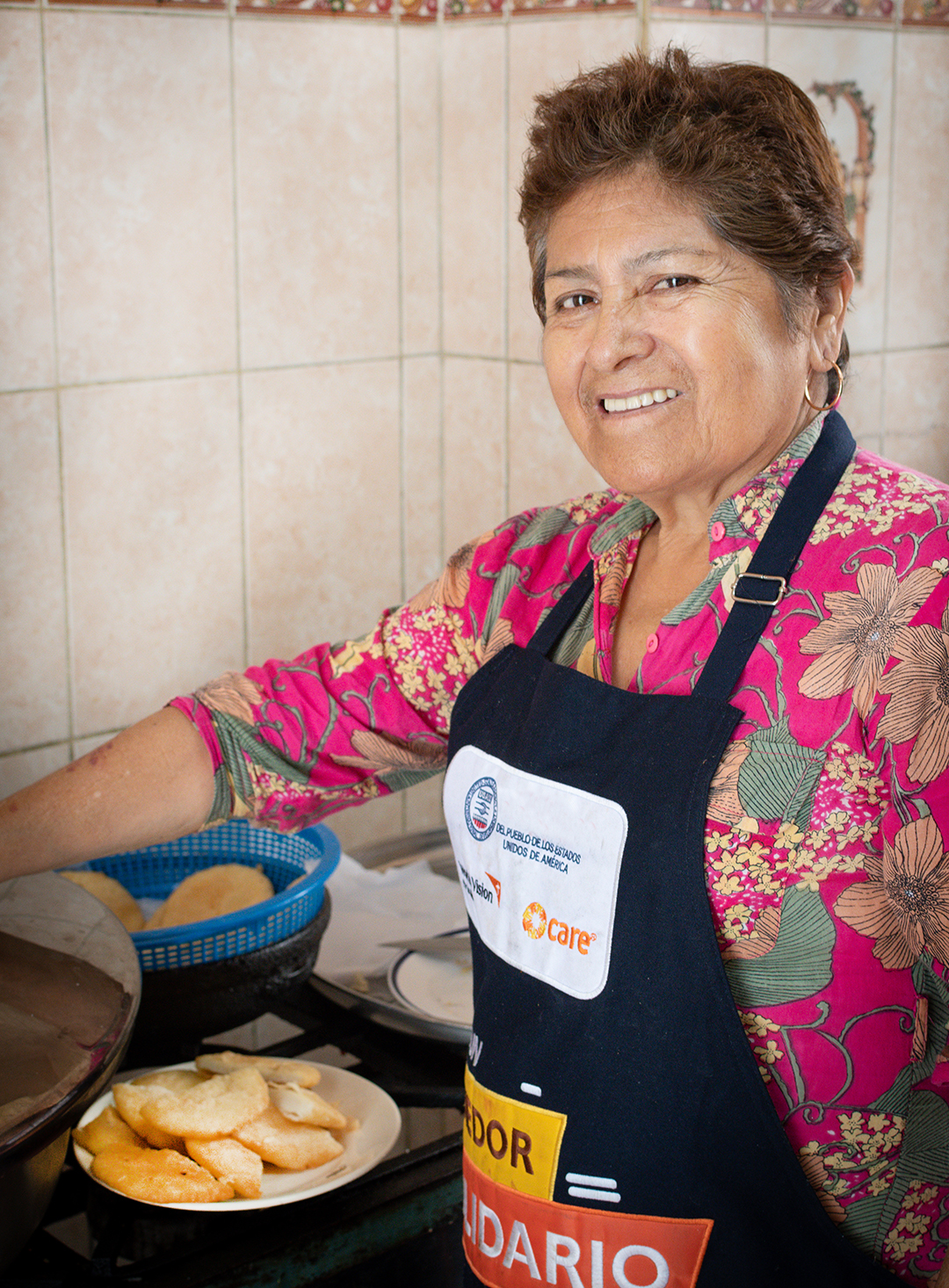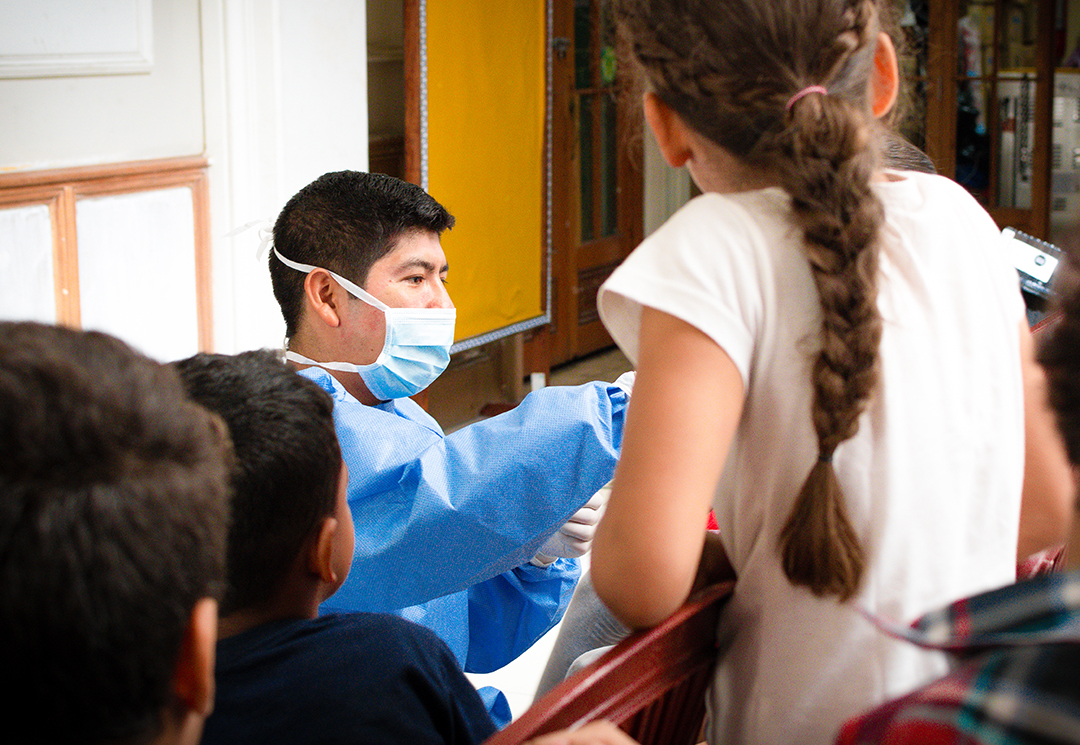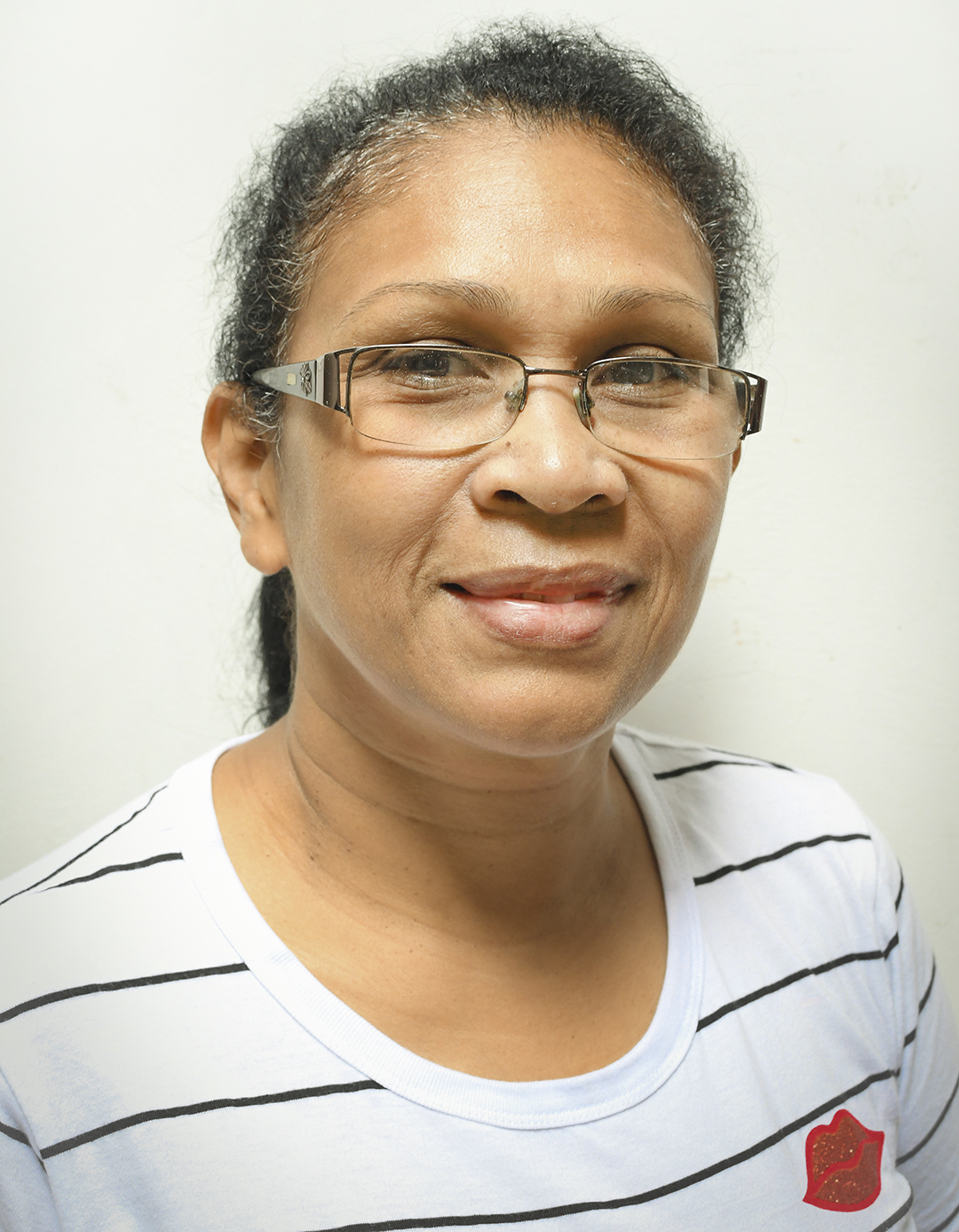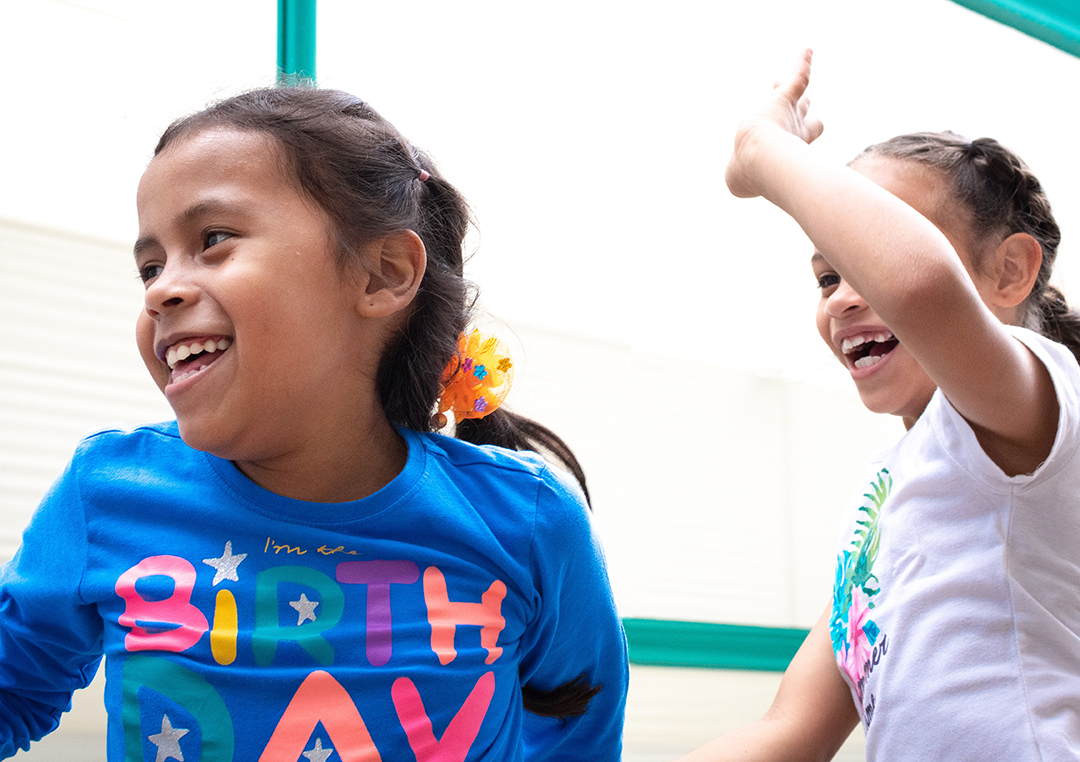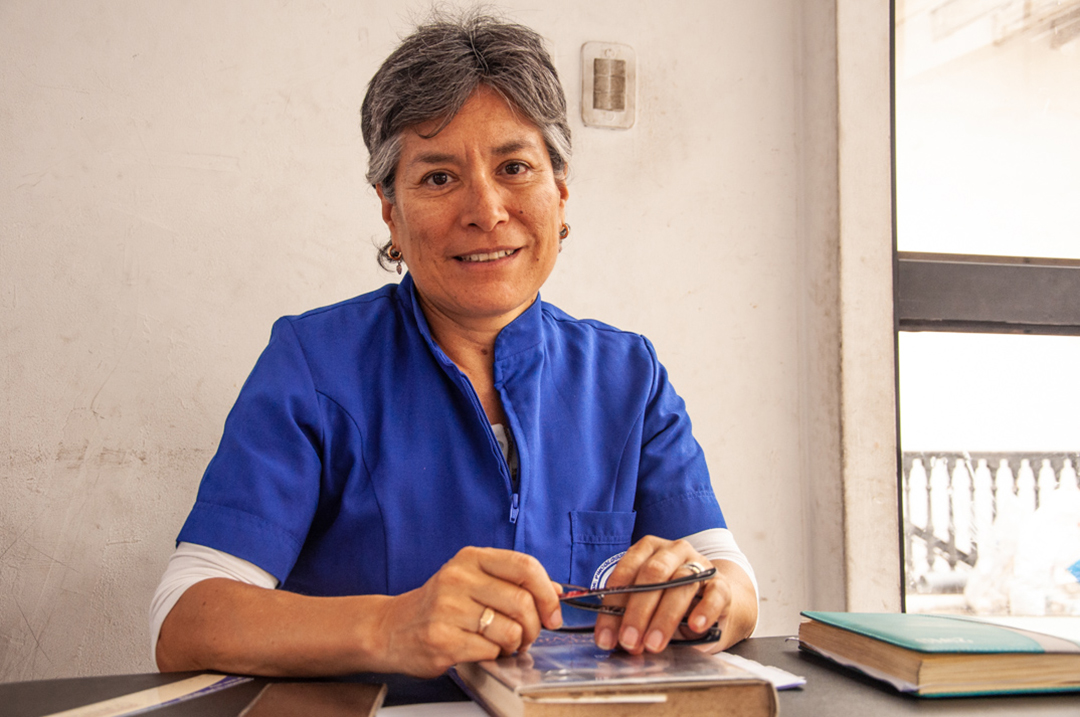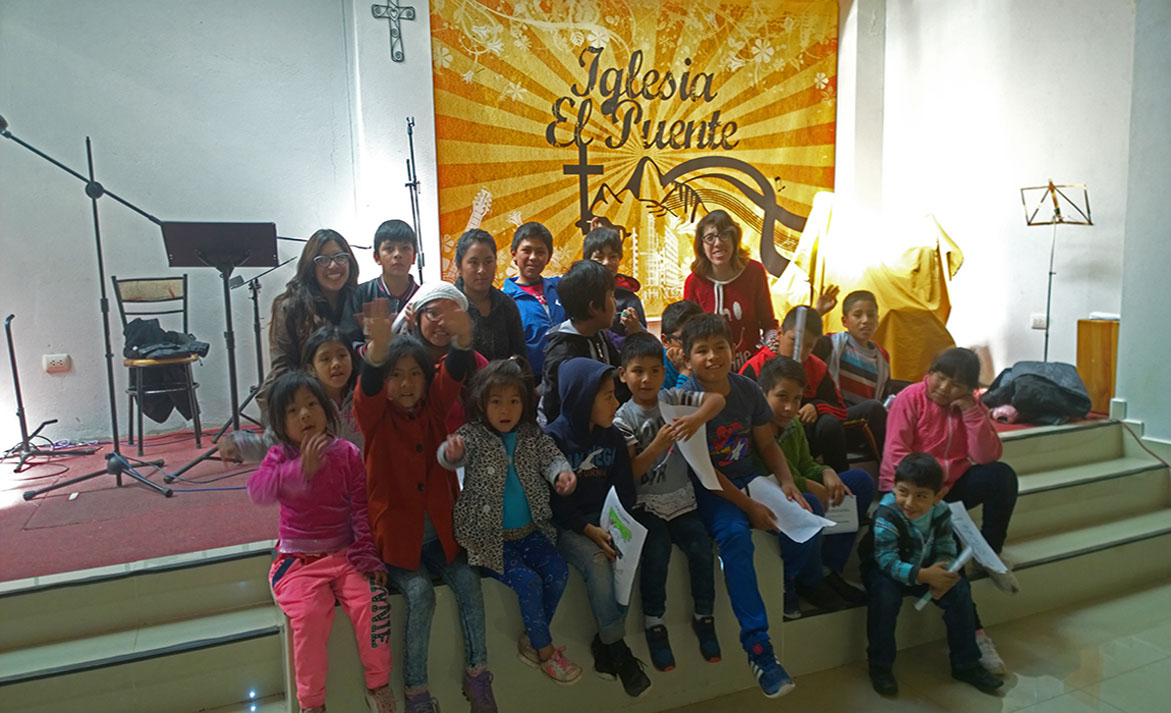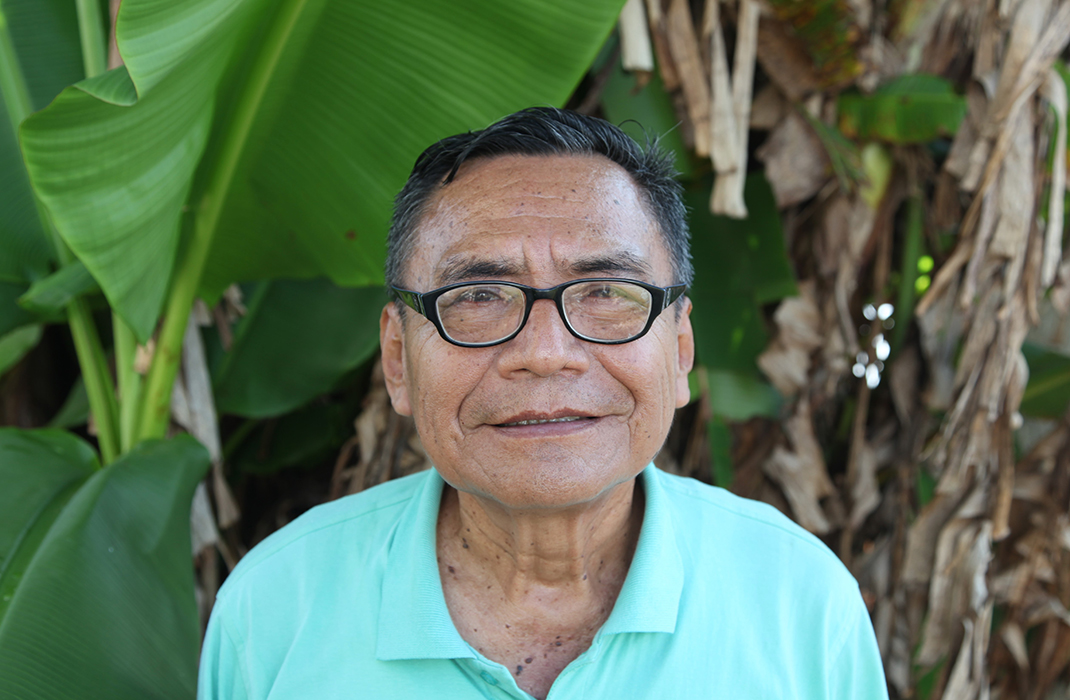How to vaccinate the world
How to vaccinate the world
Join Hannah and Laura from BMS World Mission’s Advocacy Team, as we journey through one of the biggest issues facing the world today: just access to the Covid-19 vaccine.
Looking to the past
How many people do you know today who have suffered from polio? I imagine the answer is probably no-one, or at least very few. Cases have decreased by 99 per cent since the 1980s, and what was a tragically widespread disease is now only found in three countries in the world. And the reason? The vaccine was never patented, allowing for it to be made accessible worldwide and saving countless lives. In a recent blog post, BMS surgeons Mark and Andrea Hotchkin argue that the same attitude is needed to eradicate Covid-19.
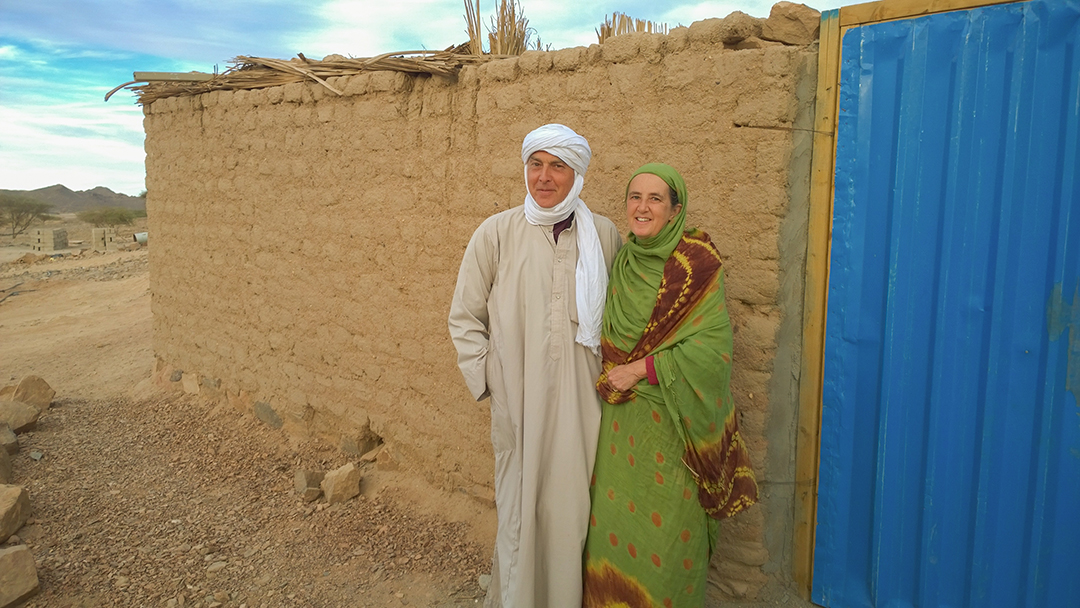
“Could you patent the sun?” These are the famous words of Jonas Salk, the creator of the polio vaccine, when asked who would own the vaccine. It’s a phrase being used by The People’s Vaccine Alliance, of which BMS is a part, to campaign for intellectual property waivers on the Covid-19 vaccines. Waiving the patents means vaccines can be manufactured across the world. Those waivers, however, are currently being blocked by Western countries, and have been since 2020. “It seems that for the rich nations it is unthinkable that this should be proposed. It is apparently just not the way our world works,” say Andrea and Mark. “But it doesn’t have to be this way.”
The struggles of the present
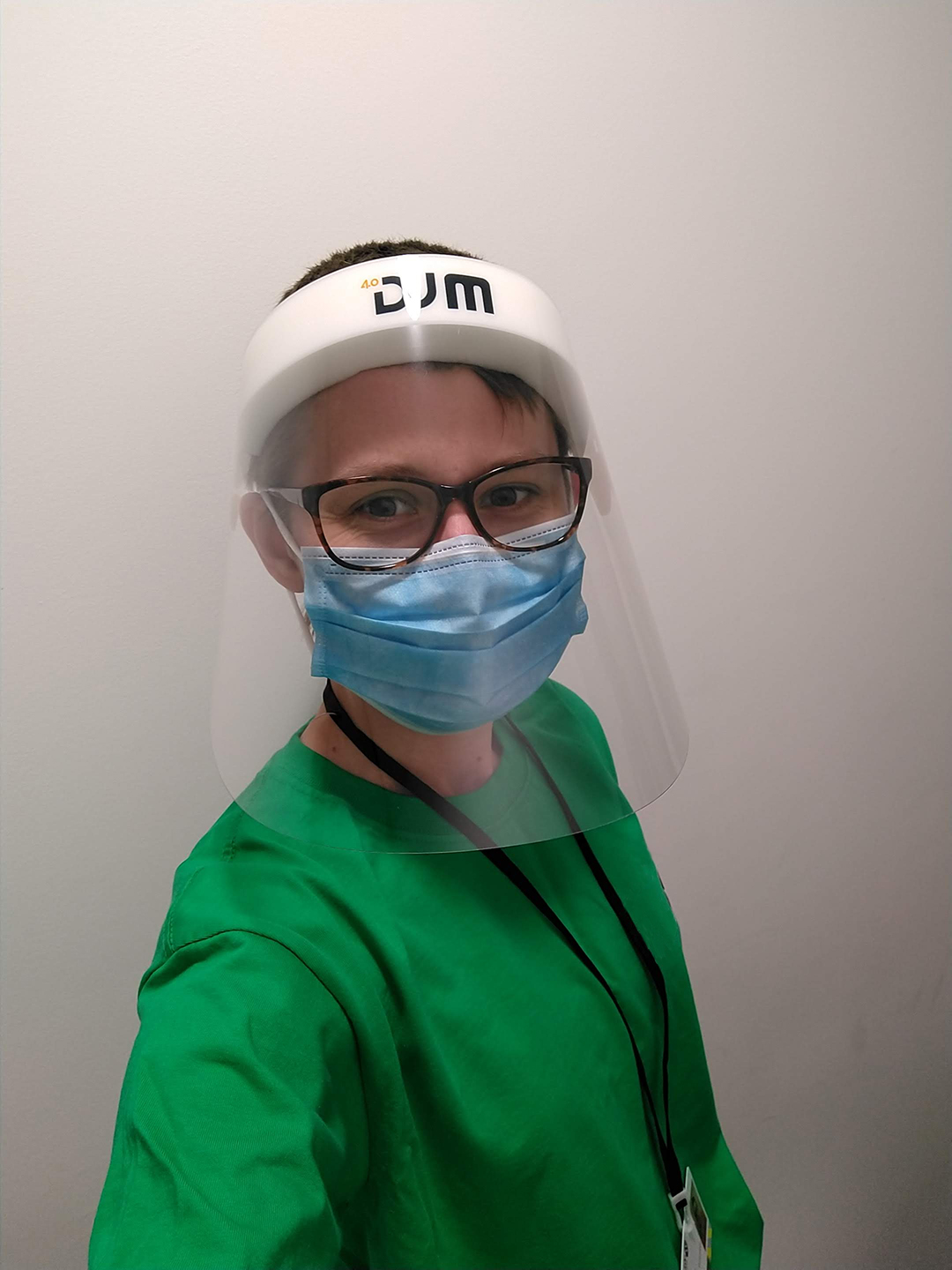
So how do you go about co-ordinating a relief effort that is clouded by such complicated issues? Laura sat down with BMS’ Overseas Team Leader for Relief, Rachel Conway-Doel, to ask how she’s been facilitating BMS’ Coronavirus relief response since the beginning of 2020, and how BMS is supporting just access to the Covid-19 vaccine.
Laura: When you see what happened with the polio vaccine, how does that relate to what’s happening today with Covid-19 vaccine?
Rachel: So, this is the point of the People’s Vaccine Alliance (PVA). Their big thing is access to the vaccines – and one of the biggest things around that is the international intellectual property sharing. If the blocks aren’t lifted, it means that more manufacturers can’t make vaccines, and that means restricted supply, which means fewer people get vaccinated.
L: How does that link to BMS’ role in terms of the Campaign for a Covid-free world?
R: We’re part of the PVA, which is calling for equitable access – and intellectual property waivers are one of the biggest ways we’ll be able to achieve this. So it totally aligns with our petition, and it needs all the noise it can get. Because without the noise, the heads of state and big organisations won’t feel like it’s as central an issue.
On the ground
Many of us in the UK feel instinctively that vaccines are safe – but all around the world, fears about being made to have a recently developed vaccine are very real. Hannah spoke to Daniel and Regiane Clark, BMS workers in Peru, to hear why, in many contexts across the world, vaccine hesitancy is grounded in culture and history.
Hannah: Can you tell us how the Covid pandemic affected life in Peru?
Regiane: Since the pandemic started last year in March, the lockdown was very strict for Peruvians. The army was patrolling the streets, and you couldn’t go out… It was very difficult, and very hard, especially because 70 per cent of the population are informal workers who work out in the streets.
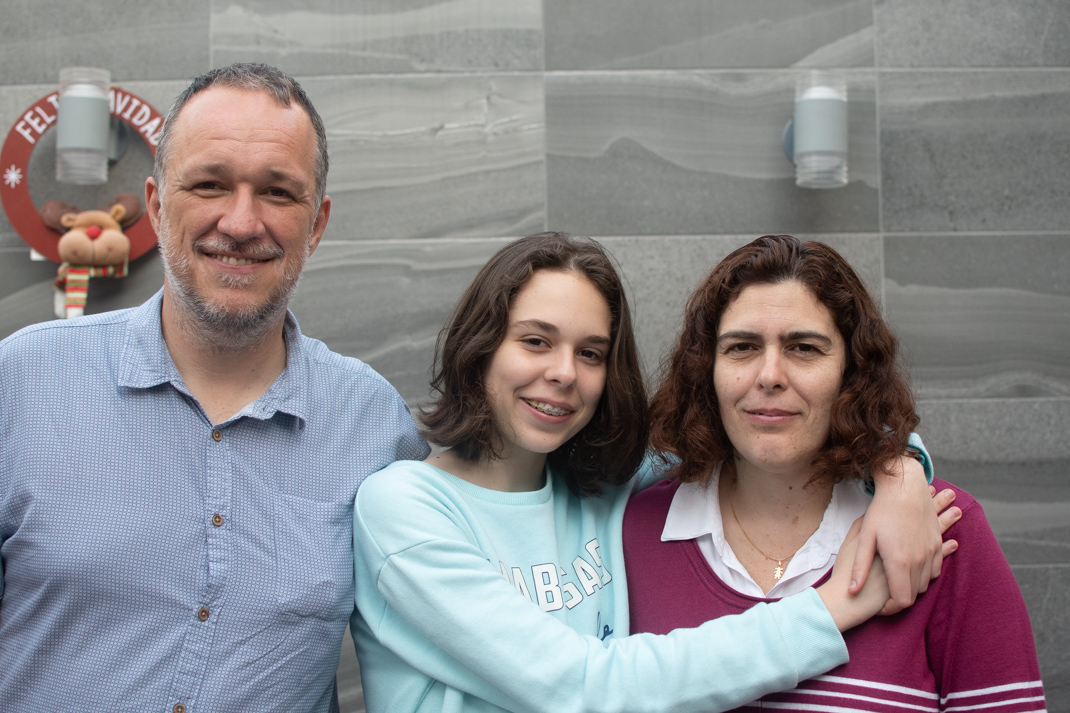
Daniel: And many don’t have bank accounts, or access to the internet.
H: Did you hear of many people becoming ill with the virus, and being hospitalised?
R: We did, but most people were dying at home… They would prefer to stay at home and be treated with natural medicines and by relatives, because the hospital might not have spaces.
D: There’s still a history and a legacy from the [Peruvian dictator Alberto] Fujimori era, of women who were sterilised. Some women were forced to be sterilised, or a lot of them were Quetchua-speaking but were given documents in Spanish, and they thought they were signing up to one thing. But they were signing up to not have any more children.
H: I’d like to ask you about the webinars you’ve been preparing – I think there was one around family health in the pandemic, focusing on good practices and myth-busting?
R: I think most people want the vaccine… but they have doubts. Maybe they had bad experiences in the past. The problem is, there is information going around Peru and in other countries in South America, confusing people. People think they could get side effects, or other kinds of diseases that would be worse by having the vaccine.
H: So when you are doing a seminar like that, what content would go into the web events?
D: These are new things… the one that will take most time is the one around debunking myths and reinforcing good health.
I think it’ll be true of other countries – not just Peru – that people do have a reason not to trust… you’re having to engage with what is quite a legitimate fear, a legitimate concern.
The workshops planned by Daniel and Regiane are just one of a number of ways that our partners are seeking to make just access to the Covid vaccine a reality. If you’d also like to be part of making a difference, why not sign our petition, the Campaign for a Covid-free world? Your voice will be added on those calling the UK Government to make decisions for the good of everyone, not just the wealthiest nations, when it comes to equal access. And we’ll keep you in the loop with how else you can be involved in supporting vaccine rollouts in the places we work, too.
Words by Hannah Watson and Laura Durrant.

